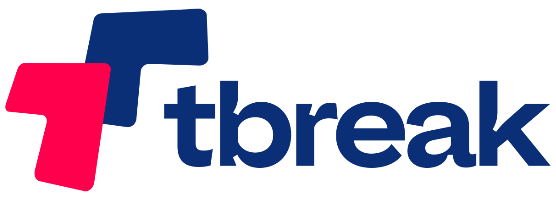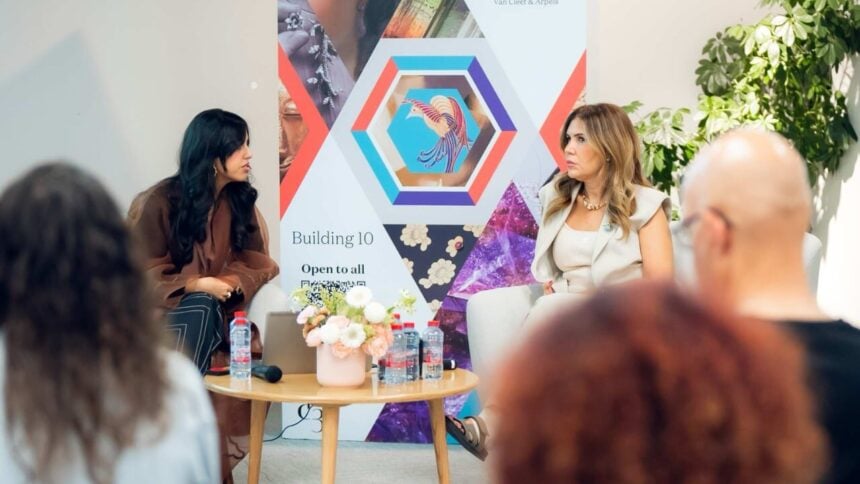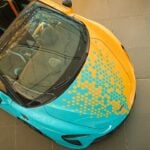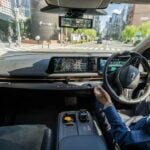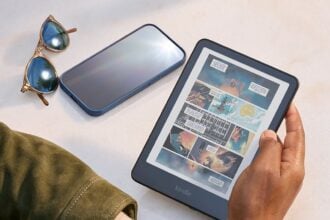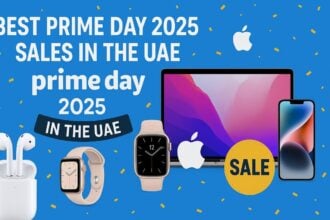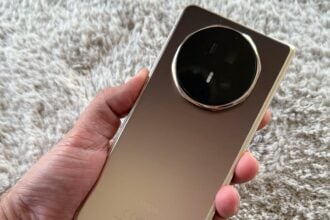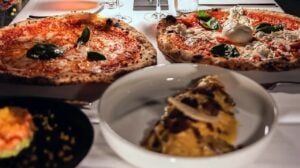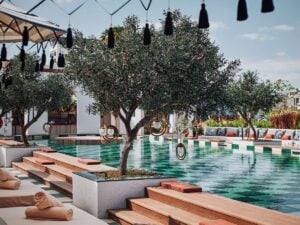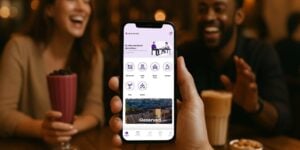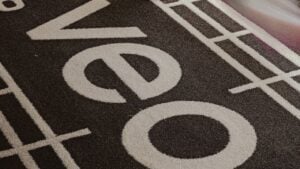Dubai Culture’s “School of Life” has been running since 2022. In the first half of 2025 alone it delivered more than 270 workshops and sessions to over 4,600 people across Dubai Public Libraries. The programme blends life skills, creative practice and community time, anchored in the Quality of Life Strategy. The aim: make libraries active places to learn, meet and build confidence, not just buildings full of shelves.
What is “School of Life”?
A structured programme by Dubai Culture that uses library branches as neighbourhood learning spaces. It mixes hands-on workshops, clubs and themed tracks to grow skills and community ties.
- Started: 2022
- Focus: life skills, creativity, community engagement
- Where: Dubai Public Libraries network
- Strategy link: Quality of Life
The concept is simple: use existing public spaces, bring in expert-led sessions and curate clubs that keep people coming back. From calligraphy to chess and content creation, each library becomes a reason to step out and learn.
By the numbers: reach in H1 2025
The headline data shows real uptake. In January to June 2025, libraries hosted more than 270 activities and drew over 4,600 participants of all ages.
- 270+ workshops and sessions
- 4,600+ participants
- Mixed ages and backgrounds
- Outcomes: critical thinking, creativity, love of learning
These aren’t passive talks where people zone out. The sessions are designed to build practical and creative skills, encouraging problem-solving and curiosity. That’s the sort of behaviour change libraries need to stay relevant.
What you can actually do at the library
“School of Life” stretches beyond books. The programme lists clubs and tracks that cover arts, languages, tech and wellness.
- Arabic calligraphy, design, photography and storytelling
- Art, wellness, chess and languages
- Content creation and reading clubs with author meetups
- Thematic tracks: French Language, Photography, Arabic Calligraphy, Science & Technology
Reading clubs go beyond “talk about a chapter.” They foster direct author interactions and moderated discussion, which helps build confidence and critical reading habits. The thematic tracks give structure, while the science and tech stream has already shown results, picking up three silver medals at the 44th Beijing Youth Science Creation Competition.
Related reading on trends in the region: our guide to digital consumer behaviour in the UAE and KSA explains how people learn and buy online, and why clear, trusted programmes matter.
Tracks that prepare people for work and life
The programme isn’t just hobby time. A “Professional Impact Track” supports youth readiness for the labour market, alongside expert-led enrichment across arts and STEM.
- Expert-guided enrichment programmes
- Youth employability focus
- Clear pathways across creative and technical topics
- Recognition through competitions and showcases
This pairing of creative literacy with labour-market skills is the sweet spot. It helps teens and young adults build portfolios and soft skills, while community sessions keep the barrier to entry low and inclusive.
What Dubai Culture says it’s trying to achieve
Dubai Culture frames “School of Life” as a flexible education model that merges knowledge and technology, with access for all. The authority highlights talent investment and culture as a public good.
- Invest in young talent
- Make culture accessible
- Build vibrant community centres in library spaces
- Encourage positive change across fields
Programme design reflects Dubai’s cultural diversity and relies on partnerships with local and global cultural and creative institutions. The focus is on quality, safety and inspiration, so participants have room to grow skills and confidence.
Why this matters for the UAE
Libraries are public infrastructure. When they host structured, inclusive programmes with proven uptake, they become low-cost, high-impact hubs for learning, careers and wellbeing.
- Supports the Quality of Life Strategy by giving people useful reasons to gather
- Builds sustainable creative and STEM pipelines from school age
- Uses existing spaces efficiently, which is budget-friendly
- Helps families find safe, constructive activities across the week
This is what modern civic spaces should look like: open doors, regular programming and measurable outcomes. The medals, the themed tracks and the 4,600 participants are the kind of signals policymakers like to see before scaling.
What is the School of Life programme?
It’s a Dubai Culture initiative that turns Dubai Public Libraries into community learning hubs, offering workshops, clubs and themed tracks across creative and life skills.
When did it start?
The programme launched in 2022 and continues to expand across branches.
How many people took part in 2025 so far?
More than 270 activities reached over 4,600 participants in the first half of 2025.
What topics are covered?
Arabic calligraphy, design, photography, storytelling, art, wellness, chess, languages and content creation, plus curated Reading and Book Clubs with author interactions.
Is there a focus on careers?
Yes. The Professional Impact Track helps prepare youth for the labour market, alongside expert-led enrichment.

